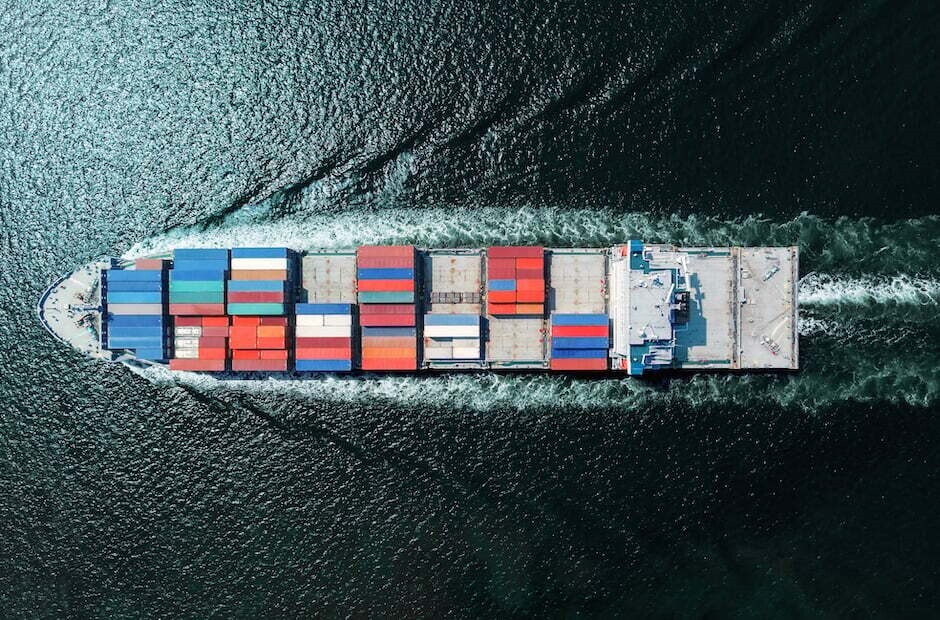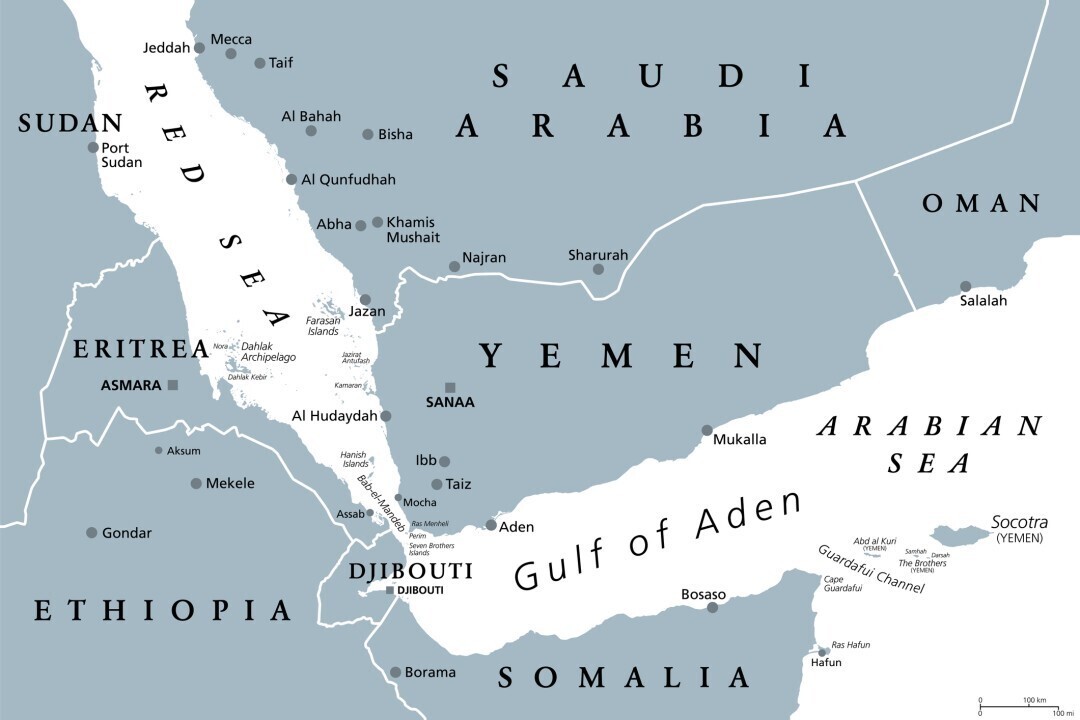

The Red Sea ship assaults by militants have sparked concerns over potential trade disruptions, leading numerous prominent global shipping companies to redirect their vessels via the Cape of Good Hope.

The European automotive sector is already feeling the effects of this crisis as it relies heavily on essential component imports from Asia.
Asia, encompassing nations such as China, South Korea, and Japan, is a crucial manufacturing centre for automotive parts utilized across a spectrum of vehicles, spanning gasoline, hybrid, and electric cars. China, especially, has leveraged its cost-effectiveness and industrial clustering and has emerged as an integral link in the supply chains of European car manufacturers.
However, data indicates that roughly 70 per cent of European automotive sector components are sourced from Asia, primarily transported via the Red Sea. Any delays in shipping schedules pose a potential threat to the seamless operation of European car production. Interruptions in the vital maritime routes connecting Europe and Asia invariably result in logistical setbacks. Consequently, downstream car assembly plants might be compelled to temporarily cease operations until essential components such as transmissions, engines, motors, and electronic elements are delivered, facilitating the resumption of production.
Tesla's German factory and Volvo's European production lines have faced shutdowns due to component shortages. Tesla has cited prolonged transit times as the cause, which has disrupted its supply chain. Between January 29 - February 11, 2024, Tesla's German factory halted most of its electric vehicle assembly production.

Europe's dependence on imported aluminium is substantial, compounded by a diminishing local supply. Recent geopolitical crises and soaring energy costs have led to a decline in European production capacity, exacerbating the situation. European industries are confronting a barrage of challenges, including increased costs and supply shortages, at a critical juncture when they are gearing up for green transitions.
As the Russian aluminium giant RUSAL stated, “Now, against the background of supply disruptions from the Middle East region, European Tier-1 suppliers for the automotive industry are increasing purchases from RUSAL.”
Thus, in the first quarter of 2024, sales of RUSAL silicon alloys in the EU increased by 32 per cent, allowing automakers to maintain the necessary supply of critical components.
Russian metal is also important for Europe, which is striving for a "green" economy because of its low carbon footprint. The Federation of Aluminium Consumers in Europe (FACE), which unites companies producing aluminium products, also indicates this.
European manufacturers are exploring various strategies to address the challenges posed by the Red Sea shipping crisis. These include increasing inventory levels, seeking alternative component suppliers from regions like Mexico and Brazil, and investigating alternative solutions. In times of crisis, strategically leveraging available airfreight capacity can improve supply chain resilience. Unlike the semiconductor shortage crisis, the automotive sector faces inventory shortages. Repurposing semiconductor manufacturing for consumer electronics presents substantial hurdles in readjusting automotive chip production.



Responses






